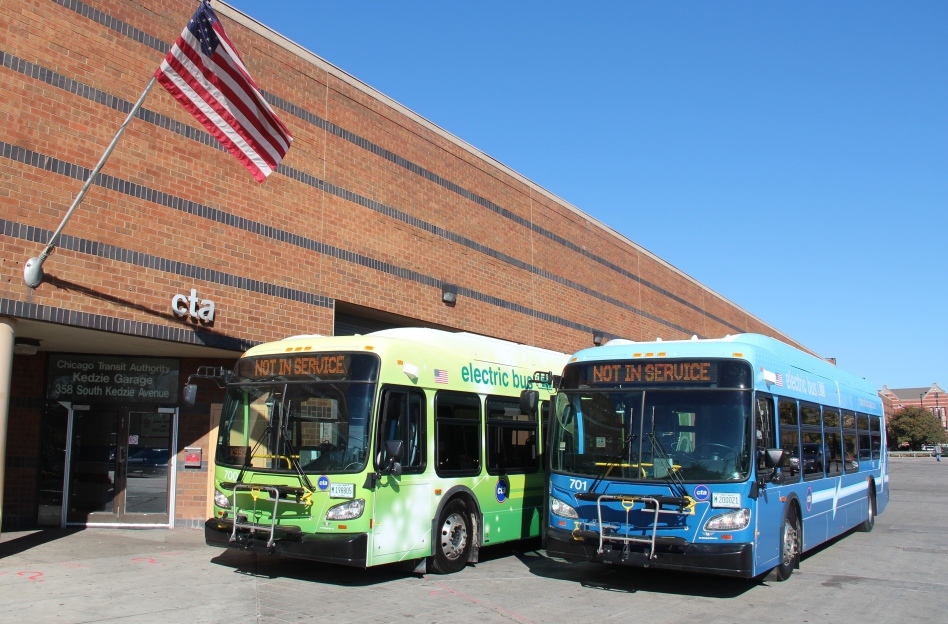Electric cars get lots of attention from advocates and policymakers, but private passenger vehicles are hardly the only ones on the road.
In most cities, for example, they share the streets with lumbering buses—usually powered by big diesel engines, sometimes in hybrid drivetrains.
Slowly but surely, though, electric buses have gained traction in the U.S., Europe, and China.
DON'T MISS: Will electric buses replace propane ones in national parks (which replaced diesels)?
Buses are fairly well suited to electric powertrains, as they drive on predictable routes where charging stations can be placed, and most spend their time in stop-and-go traffic.
More public-transit officials are realizing that, judging from a recent accounting of the state of the electric-bus market by Charged EVs.
One of the companies aggressively promoting electric buses is U.S.-based Proterra.

BYD K9 All-Electric Bus, as tested in Portland OR
It expects its buses to comprise 1 percent of new U.S. transit vehicle deliveries this year, CEO Ryan Popple told Charged EVs.
The company recently secured its largest order to date: 25 electric buses for the Southeastern Pennsylvania Transportation Authority (SEPTA), operator of Philadelphia's public-transit system.
Proterra hopes to deliver between 100 and 150 buses in 2017, and gradually ramp up production at its California and South Carolina plants from there.
ALSO SEE: Volvo electric buses: quiet enough for classic-music concerts
Chinese car and battery maker BYD, which has been selling electric buses in North America in small numbers since 2013, also reported an uptick in demand.
It currently has 300 North American orders (including long-term options), which represents a "massive jump in our market share" over the previous year, Ted Dowling told Charged EVs. He's BYD's vice president for Canada and the Pacific Northwest.
The Chinese company now also supplies electric double-decker buses to London.

Volvo electric bus
Elsewhere in Europe, Volvo electric buses are operating as part of a pilot program in Gothenburg, Sweden.
Looking further into the future, Tesla CEO Elon Musk proposed an autonomous electric bus as part of his updated "master plan" for the carmaker.
Mercedes-Benz also recently unveiled its own autonomous Future Bus concept.
MORE: Chicago Transit Authority To Add Dozens Of Electric Buses After Successful Tests
In addition to full-size buses, smaller passenger vans are starting to appear as well.
While there is no shortage of companies looking to market electric buses, there is also no single charging standard that applies across the board for bus recharging.
A European consortium of bus and charging-equipment manufacturers hopes to develop such standards for implementation in 2019.

Chicago Transit Authority electric buses
Proterra CEO Popple told Charged EVs that there is an "early effort underway" to develop standards for North America as well.
The situation is complicated by the fact that buses from different manufacturers use different types of charging equipment.
Proterra's buses, for example, use an overhead catenary charging system, while BYD prefers a plug-in setup similar to that of electric cars.
Even if standards are developed for both types of infrastructure, transit agencies may still have to choose between them—or install two sets of charging stations to accommodate buses from multiple manufacturers.
_______________________________________________












